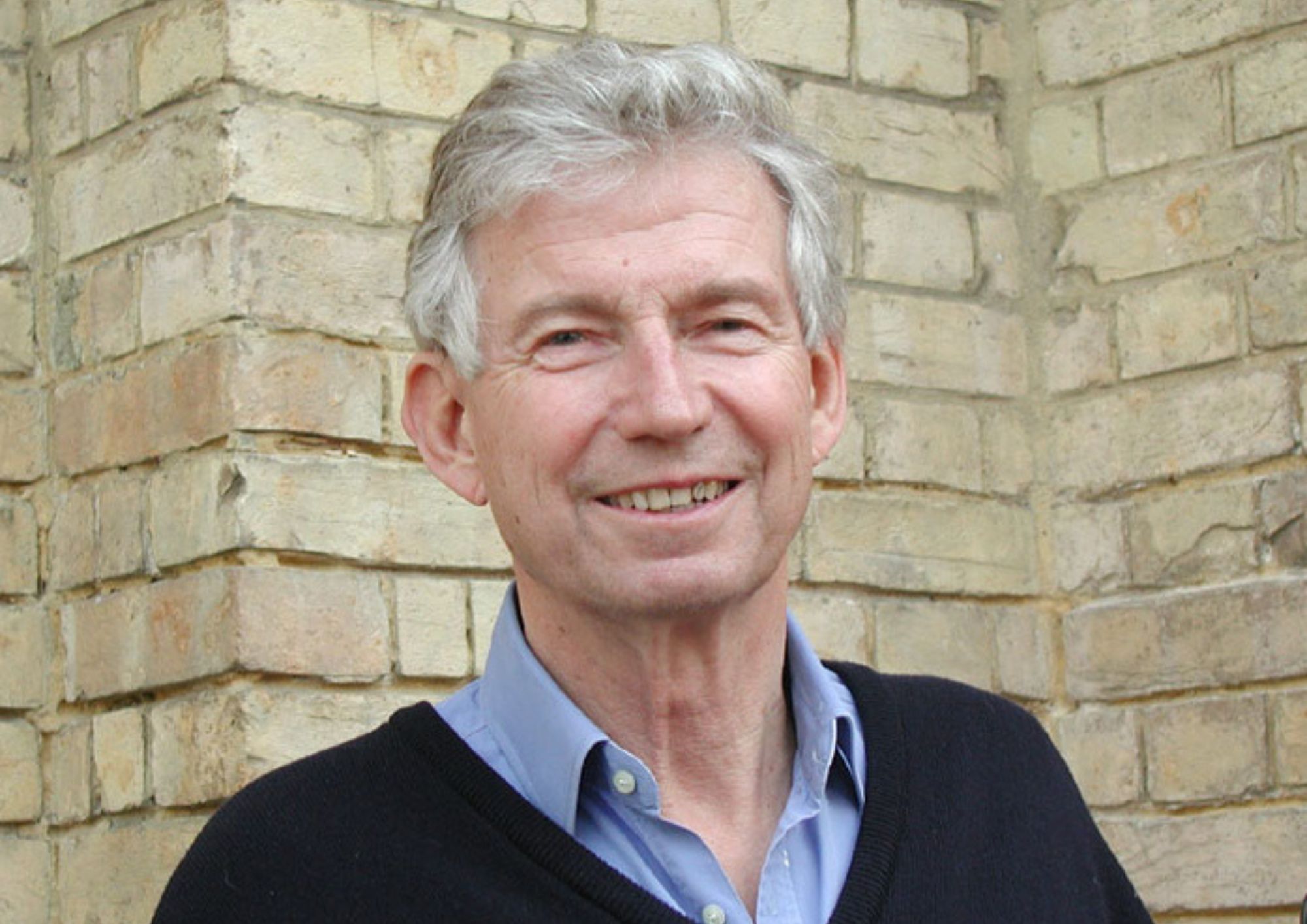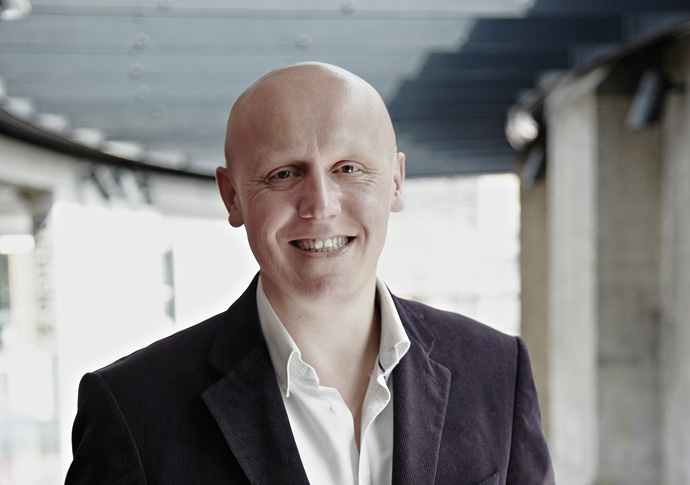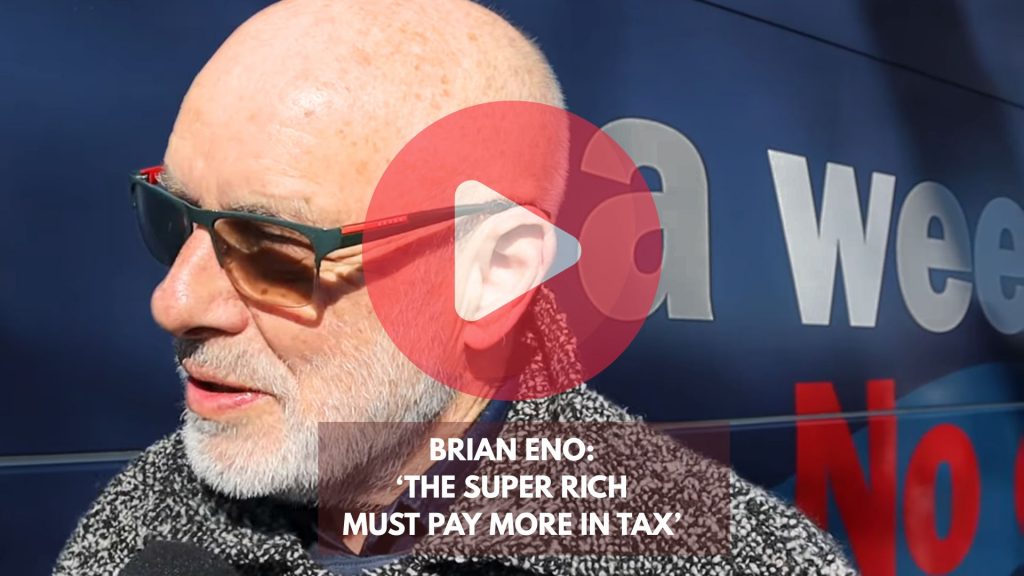
Sir Torquil Norman
FREE, SIMPLE-TO CANCEL 30-DAY TRIAL OF AUDIBLE
PONDERING his future in his Swiss Cottage garden, Sir Torquil Norman came up with a new idea: a toy called The Big Yellow Teapot.
Torquil, who has died aged 91, is known for buying the derelict Roundhouse in Chalk Farm and creating a globally renowned creative arts charity that hosts established stars, groundbreaking acts, and provides training for tens of thousands of young people.
Torquil had, for a time, worked in banking and then joined a toy manufacturer.
After a boardroom wrangle, he stepped aside and pottered in his Avenue Road backyard while he decided what came next.
He had a model of the teapot made.
He loved the idea but he knew he couldn’t set up a firm with just one product.
He recalled: “Margaret Thatcher had hugely increased the price of school lunches. More and more children were taking their lunch into school in plastic bags. I thought they would much prefer something with a great character like Superman on it than a plastic bag.”
It saw him found Bluebird Toys, and he would go on to design the celebrated Polly Pocket dolls.
It was, he said, while in the bath that he came up with the idea of buying the Roundhouse.
He had read an article in the New Journal about the uncertain future the railway shed faced. A cash offer of £3million was hungrily accepted.
“I did it without any form of due diligence beyond my wandering around the smelly, pitch dark undercroft,” he would say.
He found a further £30m to convert the building into the performing arts centre it is today.
Torquil was born in 1933. His father Henry was an Air Commodore who died in a plane crash while helping plan the invasion of Sicily in World War Two.
He recalled his father flying him aged five to Austria in a Leopard Moth aeroplane to help him recover from TB: a keen pilot, Torquil would later own a Moth.
His mother, Patricia, sent Torquil and his brother Desmond to stay with cousins in the USA during the war. He returned at the end of the war and studied at Eton.
Aged 18, Torquil joined the Fleet Air Arm as a National Serviceman. He had to rely on friendly officers to gain admission – he was three inches taller than the 6ft 2 maximum.
He would later cheat death when forced into a crash-landing on the deck of HMS Illustrious.

The Roundhouse in Chalk Farm Road
He studied law at Cambridge University, which included a year at Harvard. He recalled a summer working as a logger and pipeline layer in Canada.
When he returned to Cambridge, he made it into the rowing team. He took part in the famous Oxford-Cambridge boat race – and won.
After graduating, he worked on Wall Street for JP Morgan.
He continued to own aeroplanes and recalled flying to pre-Castro Cuba on breaks.
It was while learning to parachute in Massachusetts that he met an English woman called Anne.
He would say: “She was without doubt the most beautiful woman I had ever seen. She was zany, funny, left-wing in her politics. I fell in love with her instantly but it took many nights dancing and generally having a wonderful time to persuade her to marry me.”
The couple moved back to London and set up home in Avenue Road. It was here they had five children: Jesse, Casey, Lulu, Caspar and Amy.
In the 1970s, Torquil found his calling, moving from banking into toys.
In 1996, he retired aged 63, but wasn’t ready to spend his days flying vintage planes.
A decade previously, Torquil and Anne had put a third of their shares in Bluebird into a charitable trust. Living in Gloucester Crescent, he saw The Roundhouse as a vehicle for change.
“We felt young people had received a lousy deal,” he recalled. “I remember as a young man after the war thinking the country could only get better. It was clear my life had been especially privileged.
“During the intervening years the gap between the rich and poor has grown ever wider and all around us so many young people with so much potential have been poorly educated, remained in poverty and suffer all the problems related to that.”
Torquil’s impact is hard to quantify.
“Young people respond to encouragement, help, support, responsibility and the feeling of belonging in generous ways,” he would say.
“We have to inspire young people to become creative: rather than watching their pop idols on TV, listening to their iPods, playing computer games and feeling excluded, they could be designing the games, playing the music and performing on stage. We know this because we have done it over and over again.”
‘He had a vision’
Roundhouse chief executive Marcus Davey recalls a man who was inspirational to many, and a man who never took anything at face value.
He said: “He was determined and persistent. Nothing ever got him down. He had a huge heart that radiated goodness. He never judged. He had a vision to support young people who had not been given the opportunity to develop their skills.

Marcus Davey, the chief executive at the Roundhouse
“He saw that the government had been selling off playing fields and the opportunities for creativity on the curriculum were diminishing.”
Mr Davey added: “He saw it as a situation he just had to do something about.”
Watch our online politics channel, Peeps, on YouTube

